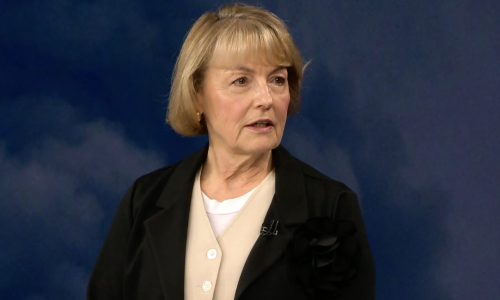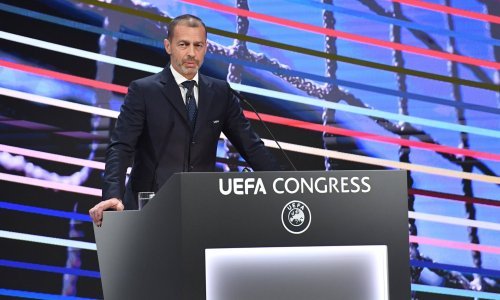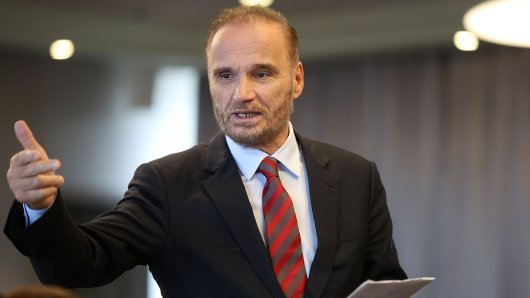Foreign and European Affairs Minister Vesna Pusic has said that Croatia treats seriously every warning regarding the fulfillment of requirement for the European Union membership, and emphasised that Croatia is able to meet criteria and tasks it has been given in the latest Comprehensive Monitoring Report issued by the European Commission on the country's preparedness for the EU membership.
"We are in touch with representatives of the German government and German parliamentarians. We take seriously any warning. We believe that Croatia is capable of meeting conditions and tasks which it has been given in that report. I think that (some German) positions reflect, to a certain degree, scepticism that generally exists in Europe about enlargement. The tasks are big and important, and we are capable of achieving them and we will achieve them," Pusic told the Croatian national broadcaster (HTV) on Sunday when asked to comment on some of the latest statements by German office-holders on Croatia's upcoming admission to the EU.
The Speaker of the Bundestag, Norbert Lammert, has called for a halt to the European Union enlargement process, including the planned accession of Croatia. "Because of our experience with Bulgaria and Romania, we must take the European Commission's latest progress report seriously. Croatia obviously is not yet ready for entry," Lammert, a member of the Christian Democratic Union (CDU), said in an interview with the Sunday edition of Die Welt newspaper.
Lammert said that the countries of the former Yugoslavia had a prospect of EU membership, but that they themselves should lay the ground for entry. He said that only concrete results in meeting the EU membership requirements should be taken into account, while "good intentions and promises should not become a substitute for proof of reform."
However, the German government has reported on its web site that Germany believes that Croatia can fulfill, within the given time frame, the tasks underlined in the comprehensive monitoring report, which European Commission issued on Wednesday.
In the pre-accession monitoring the European Commission has pointed to some remaining deficiencies which it detects. The Commission has clearly defined them and those are concrete tasks set for Croatia. From our point of view, it is a positive way of being active as clear criteria will help in meeting and ensuring the real conditions of accession. We are confident that Croatia can meet them within the stated time frame, the German government spokesman Steffen Seibert said at his regular press conference on Friday. The government cited his statement on its web site on Saturday.
The spokesman made this statement in a response to a question whether Croatia's accession to the European Union, set for 1 July 2013, was unconditional and what could happen if no progress was made in the meantime and whether EU governments would one more time vote on whether Croatia could join the Union in the event of failure to meet the requirements.
Seibert emphasised that Croatia was being integrated into the EU on the basis of a much stricter procedure and stricter monitoring than what was the case for the previous newcomers.




































